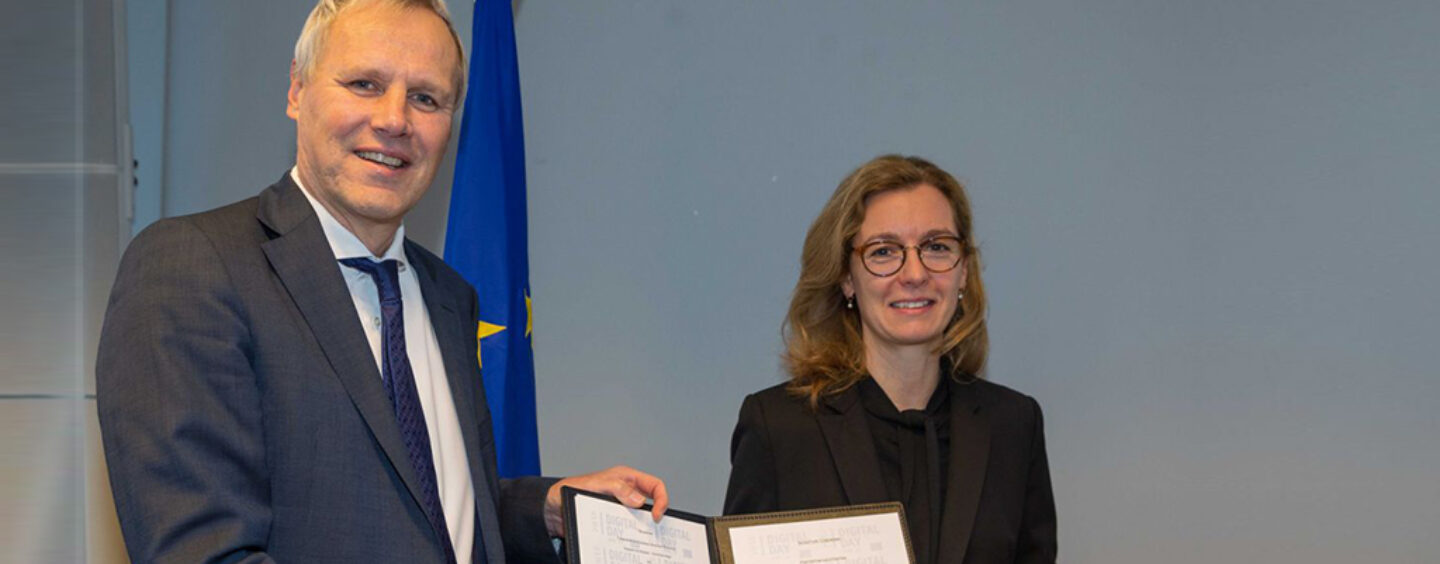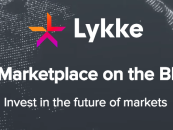
Gerard de Graaf
Blockchain is a key technology for the digital economy. It has great potential for the benefit of citizens, society and economy. In order to provide legal security throughout Europe we need a common approach. Liechtenstein is ready to work on this closely with its European partners.
Gerard de Graaf added:
Liechtenstein has been a close economic and political partner of the European Union in the context of the European Economic Area. Cooperation between public authorities in the EU and Liechtenstein extends to many areas. We are delighted that Liechtenstein is joining the European Blockchain Partnership and working together with the Commission and EU Member States to develop a trusted European Blockchain Services Infrastructure that will improve cross-border digital public services.
The European Blockchain Partnership (EBP) was created on 10 April 2018 through a joint declaration agreed between 21 Member States and Norway. The signatories have also agreed to cooperate in the establishment of a European Blockchain Services Infrastructure (EBSI) that will support the delivery of cross-border digital public services, with the highest standards of security and privacy. Since then five other EU Member States have joined the Partnership, most recently Italy. All members of the Partnership, including Liechtenstein, have pledged to help overcome obstacles for spreading the use of innovative digital solutions across the Union and beyond.
EBSI at the heart of a new generation of public services
According to the declaration, the European Blockchain Partnership identifies cross-border digital public sector services that could be deployed through a common European Blockchain Services Infrastructure, with a shared governance model. The implementation of EBSI for an initial set of cross-border digital public services will start in 2019, supported through the Connecting Europe Facility (CEF Telecom). These services include EU customs and tax data, audit documents by EU-funded projects, cross-border certification of diplomas and qualifications, and a European self-sovereign identity initiative building on eIDAS.
Digital public services will increasingly use blockchain and distributed ledger technology. Blockchain is a great opportunity for Europe and Member States to rethink their information systems, to promote user trust and the protection of personal data, to help create new business opportunities and to establish new areas of leadership, benefiting citizens, public services and companies. The Partnership launched in April 2018 enables its members to work together with the European Commission to turn the enormous potential of blockchain technology into better services for citizens.






